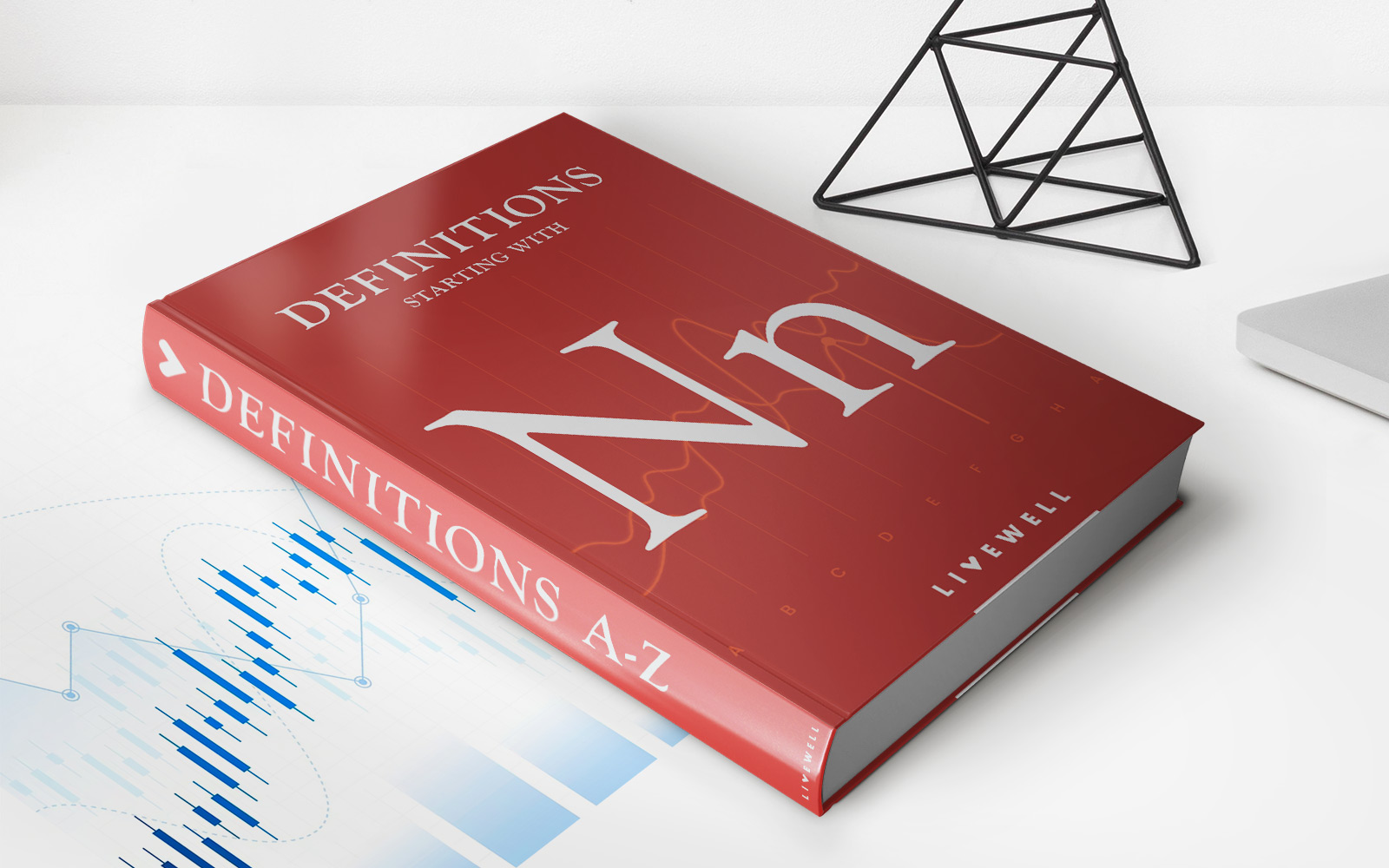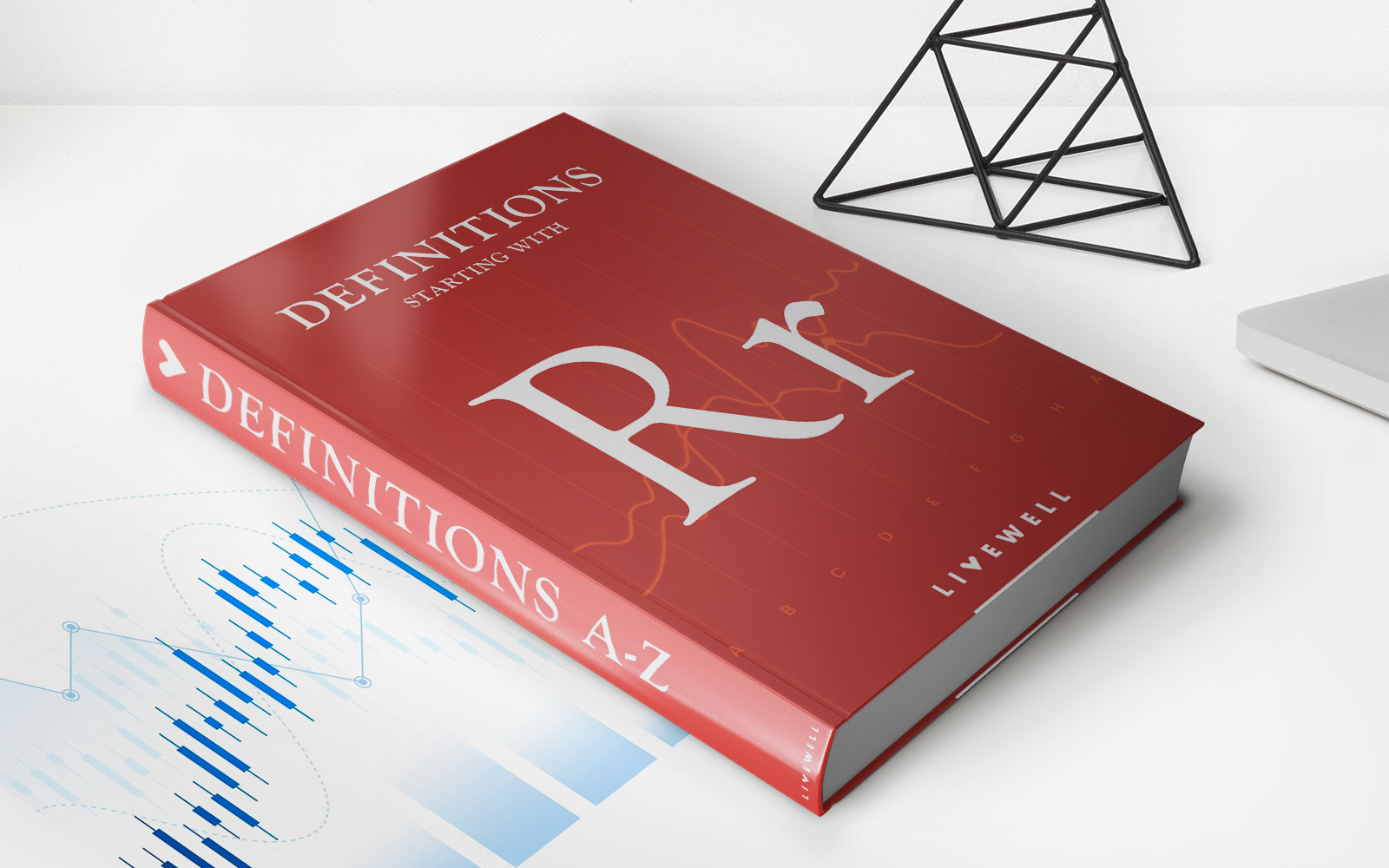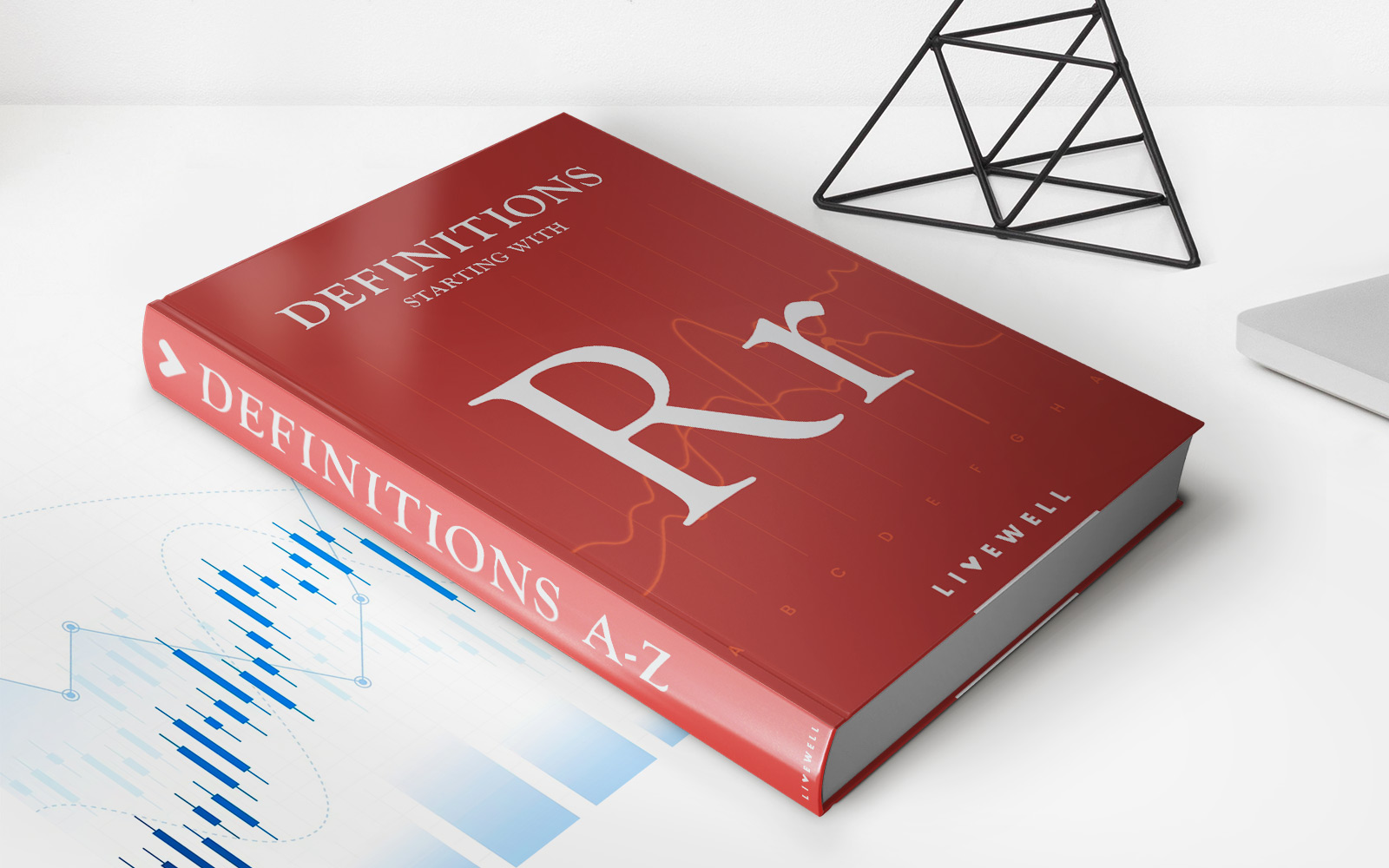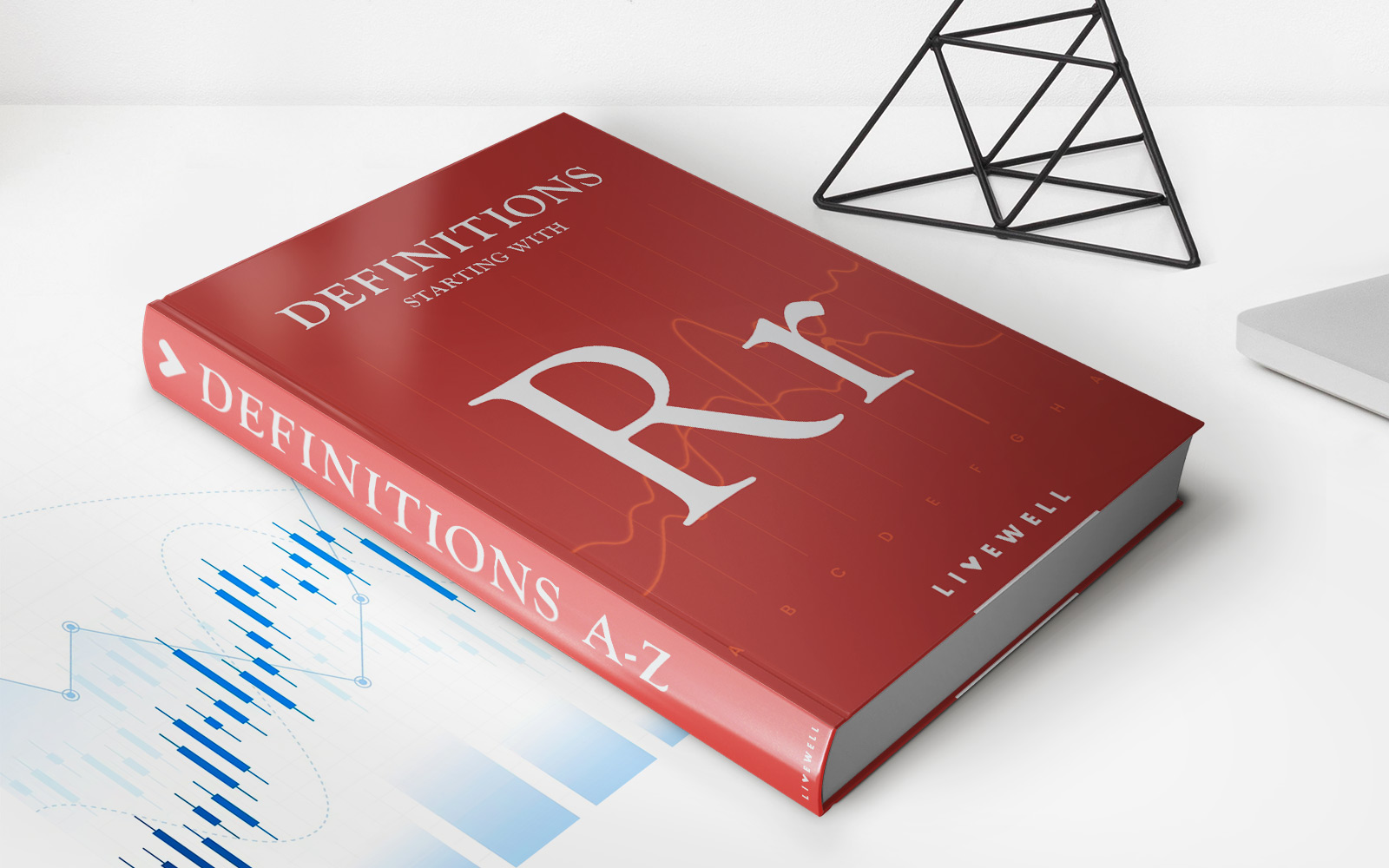Home>Finance>What Is An Open Offer? Definition, Vs. Rights Issue


Finance
What Is An Open Offer? Definition, Vs. Rights Issue
Published: January 3, 2024
Learn the definition of an open offer in finance and how it differs from a rights issue. Gain a better understanding of these concepts in the world of finance.
(Many of the links in this article redirect to a specific reviewed product. Your purchase of these products through affiliate links helps to generate commission for LiveWell, at no extra cost. Learn more)
What Is an Open Offer? Definition, Vs. Rights Issue
Understanding the world of finance can sometimes feel like deciphering a complex puzzle. With numerous financial terms and strategies to navigate, it’s important to have a clear understanding of key concepts that can impact your investments. In this article, we will dive into two types of fundraising methods utilized by companies: open offers and rights issues. By the end, you’ll have a solid grasp on what these terms mean and how they differ.
Key Takeaways:
- An open offer is a type of fundraising method where a company offers new shares to existing shareholders at a discounted price.
- A rights issue is a similar fundraising method, but instead of a discounted price, existing shareholders are given the right to purchase new shares at a predetermined price.
What is an Open Offer?
An open offer, also known as a public offer or “rights issue by the back door,” is a way for companies to raise capital by offering newly issued shares to existing shareholders at a discounted price. This allows existing shareholders to purchase additional shares in proportion to their existing holdings to maintain their percentage ownership in the company.
By offering shares at a discounted price, companies aim to incentivize shareholders to participate in the open offer, thus generating additional funds for the business. The discounted price can benefit shareholders by providing an opportunity to increase their stake in the company at a more affordable rate. However, shareholders are not obligated to take part in the open offer if they choose not to.
Open offers are typically seen as a fair method of fundraising, as they allow existing shareholders the chance to maintain their ownership levels without dilution. Additionally, the discounted price can be seen as a reward for loyalty to the company.
What is a Rights Issue?
A rights issue is a similar fundraising method to an open offer, but with a few key differences. Instead of offering shares at a discounted price, a rights issue grants existing shareholders the right to purchase new shares at a predetermined price, typically higher than the current market price.
Unlike an open offer, where existing shareholders can choose to participate or not, a rights issue gives shareholders a legally binding entitlement to purchase new shares. This means that if they choose not to exercise their rights, they can sell those rights to other investors in the market providing them with an opportunity to participate in the fundraising.
Rights issues are often used to raise capital quickly, as they generally have a shorter time frame compared to open offers. This can allow companies to address urgent financial needs or take advantage of time-sensitive investment opportunities.
The Differences
While both open offers and rights issues serve as methods for companies to raise capital, there are essential differences between the two:
Open Offers:
- Shares offered at a discounted price
- Existing shareholders have the option to participate
- Discounted price incentivizes shareholders to participate
- Can be seen as a reward for loyalty to the company
- Designed to maintain percentage ownership for existing shareholders
Rights Issues:
- Shares offered at a predetermined price
- Existing shareholders have a legal entitlement to purchase new shares
- Higher price helps raise capital quickly
- Non-participating shareholders can sell their rights to other investors
- Typically utilized for time-sensitive financial needs
In Summary
When it comes to raising capital, open offers and rights issues provide companies with ways to access additional funds. While open offers offer shares at a discounted price, rights issues grant existing shareholders the right to purchase new shares at a predetermined price. Understanding the nuances between these two fundraising methods can help you make informed decisions about your investments and play an active role in shaping the financial landscape of your portfolio.
Whether you’re a seasoned investor or someone just beginning to explore the world of finance, comprehending these terms will equip you with valuable knowledge to navigate the complexities of the market. By staying informed, you’ll be better positioned to make sound financial decisions that can help you achieve your investment goals.














